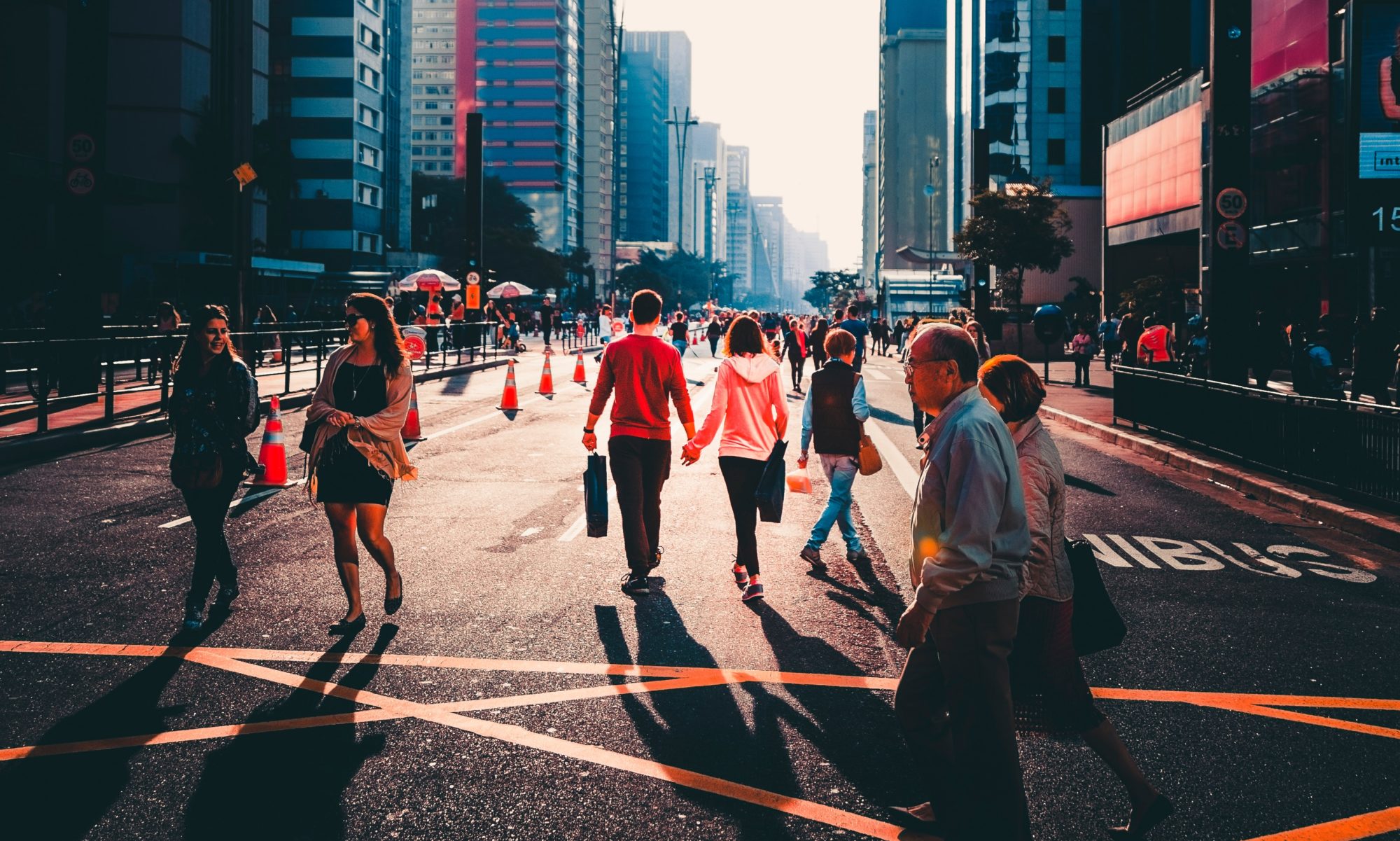FiveThirtyEight collects a bunch of great research on the effect of money on elections in this article: How Money Affects Elections
A few of the really interesting findings are that:
- Money is certainly strongly associated with political success. But, “I think where you have to change your thinking is that money causes winning,” said Richard Lau, professor of political science at Rutgers. “I think it’s more that winning attracts money.”
- Advertising — even negative advertising — isn’t very effective. This is a big reason why money doesn’t buy political success. Turns out, advertising, the main thing campaigns spend their money on, doesn’t work all that well.
- Another example of where money might matter: Determining who is capable of running for elected office to begin with. Ongoing research from Alexander Fouirnaies, professor of public policy at the University of Chicago, suggests that, as it becomes normal for campaigns to spend higher and higher amounts, fewer people run and more of those who do are independently wealthy. In other words, the arms race of unnecessary campaign spending could help to enshrine power among the well-known and privileged. “That may be the biggest effect of money in politics,” West wrote
My emphasis on the last line. The biggest effect all the current spending on campaigns has might just be to convince regular people that they shouldn’t take the chance to run. That‘s the most important thing we can change with effective small dollar fundraising, we can raise money for regular people so they can at least get their campaigns off the ground. We can create an environment where good candidates can expect small dollar fundraising to be enough for them to start, and win, their campaign.
